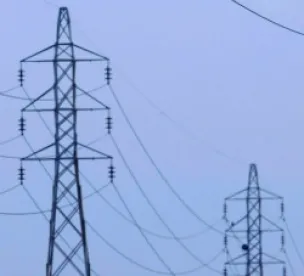As many states see a push for renewable energy opportunities for their customers located in (or scouting new locations in) their borders, West Virginia legislators are poised to decide whether the state will facilitate such development. On January 8, 2020, two House bills were introduced that could open the door to more renewable choices.
House Bill (“HB”) 2911 proposes to allow electric customers to invest in and install renewable and alternative energy sources on their property and ultimately enter into power purchase agreements. Currently, such arrangements are unavailable to individuals and third parties because of the risk of being classified as a “public utility” under West Virginia law. HB 2911 would amend the existing West Virginia Public Utility Commission (“WVPUC”) statute in order to exempt renewable developments on premises of a retail customer that are leased to the customer or that are subject to a power purchase agreement from the definition of “public utility” (removing the WVPUC’s jurisdiction).
HB 3072 seeks to, by way of an entirely new article in the WVPUC statute, allow third parties to enter into power purchase agreements but focuses on solar photovoltaic (PV) installations. HB 3072 details the benefits of allowing power purchase agreements for solar development in West Virginia but defers the specifics of implementation to the WVPUC for rulemaking.




 />i
/>i

